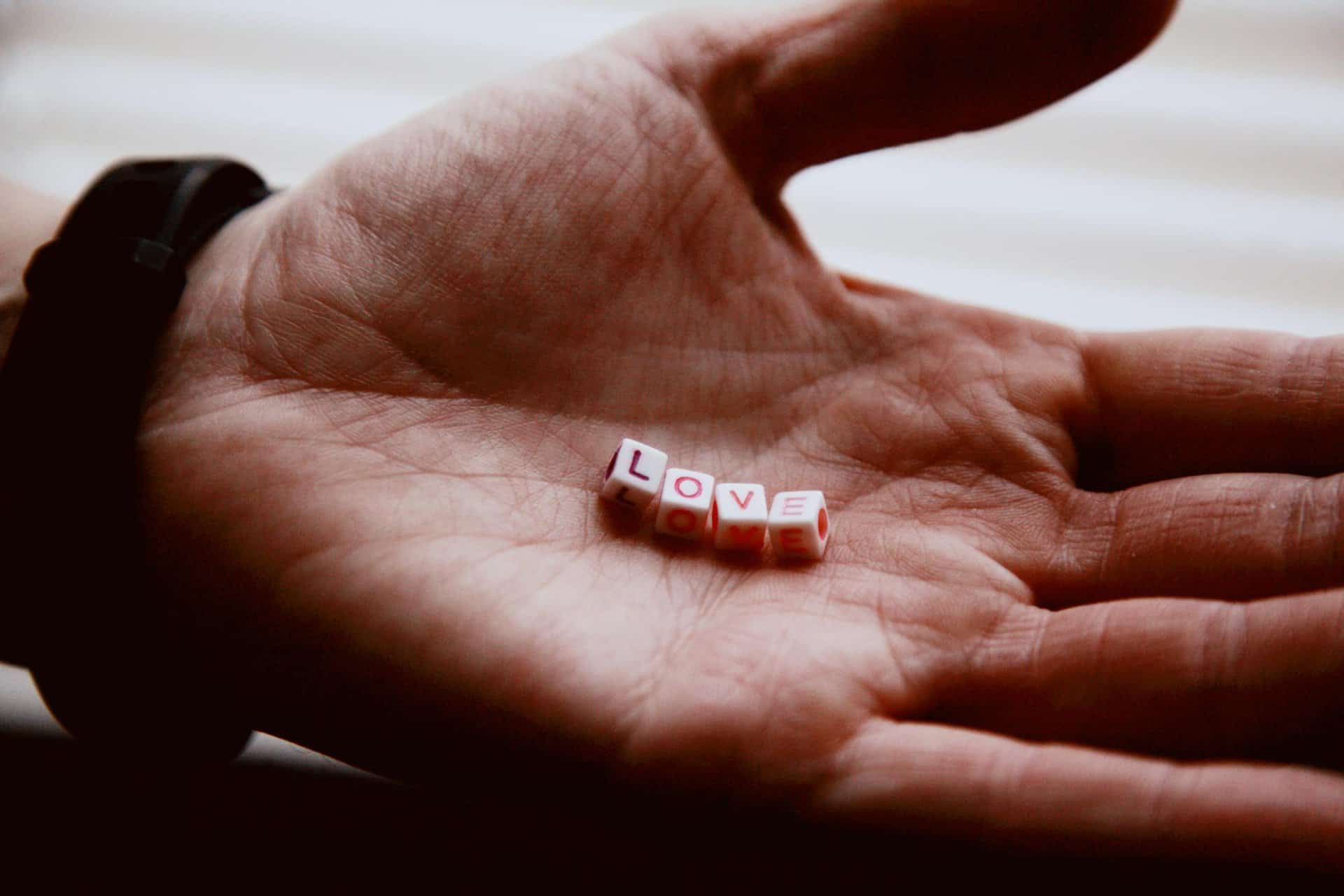There is a Chinese Folk Tale about a poor farmer who had few possessions, but an old horse to till his fields. One day, the horse escaped into the hills. When the farmer’s neighbours came, they shook their heads, sympathizing with the old man, saying this was such bad luck. However the farmer replied, “Bad luck? Good luck? Who knows?”
A week later, the horse unexpectedly returned, with a herd of horses following him down from the hills. This time the neighbours arrived, nodding their heads and congratulating the farmer on his good luck. His reply was, “Good Luck? Bad Luck? Who knows?”
The next day the farmer’s son was trying to tame one of the wild horses. He fell off its back and broke his leg. The village folk all came rushing, saying this was very bad luck indeed. However the farmer replied, “Bad luck? Good luck? Who knows?”
Some weeks later, the army marched into the village and conscripted every able-bodied youth they found there, for the king was going to war. When the officers saw the farmer’s son with his broken leg, they let him off, but took all the other young men. Now, was that good luck or bad luck? Who knows?
All too often we attach a story to an event or circumstance. When something good happens, we are elated and play the events in our heads with flowery language and exquisite visuals. Similarly when something unfortunate occurs, our inner dialogue can be catastrophic. These thoughts become productions of pleasure or pain. Some may question the notion of not floating on the flight of good events that excite us. By all means do so, however when external events determine ones happiness, this is a false sense of security.
The Buddhist believes in no attachment. It took me a while to understand this concept. What I understood from it eventually is, do not attach yourself to your circumstances because either way it will pass. Nothing in life is fixed. Events will happen, some will be exhilarating and some will be excruciating but “this too shall pass”. If one can find happiness and peace internally, no external event can rattle them to that extent. We need to view people such as Nelson Mandela and Viktor Frankel to grasp the extent of the meaning. As Viktor Frankel so famously said”Between stimulus and response is our greatest power – freedom to choose”. Through all the atrocities they endured, there internal compass allowed them more freedom than most men or women of the free world.
We cannot control much of life’s events; however we can control how we react to them. So next time something unpleasant happens in your life try remember, “It’s not Good Luck or Bad Luck, it just is”. Steer away from the story in your head, that at times can be coloured or dulled by the imagination and try and embrace neutrality – “It’s not good or bad, it just is”
This approach helps reduce anxiety and it keeps one present. It stops the anticipation of what could be….. that is not for us to know. Try accepting the situation as it is and continue with one foot in front of the other, many small steps lead to great destinations. Story telling of the inner dialogue can be limiting and at times paralysing. In the same token, when positive outcomes occur, be aware of its fluidity and understand this too can change. Be aware of false attachments, as nothing lasts forever. Try not identify yourself with your good luck or bad luck so to speak. As humans we will have both good luck and bad luck in our life time, yet some events may seem like bad luck, however it is disguised and in truth is good luck and vice versa. The acceptance without the story will allow the reality to reveal itself.
Keep it real, keep it present and the next event in your life may be good luck, bad luck…..who knows? Accept it as it is and keep moving forward from strength to strength.
Written by Hayley Mayer




